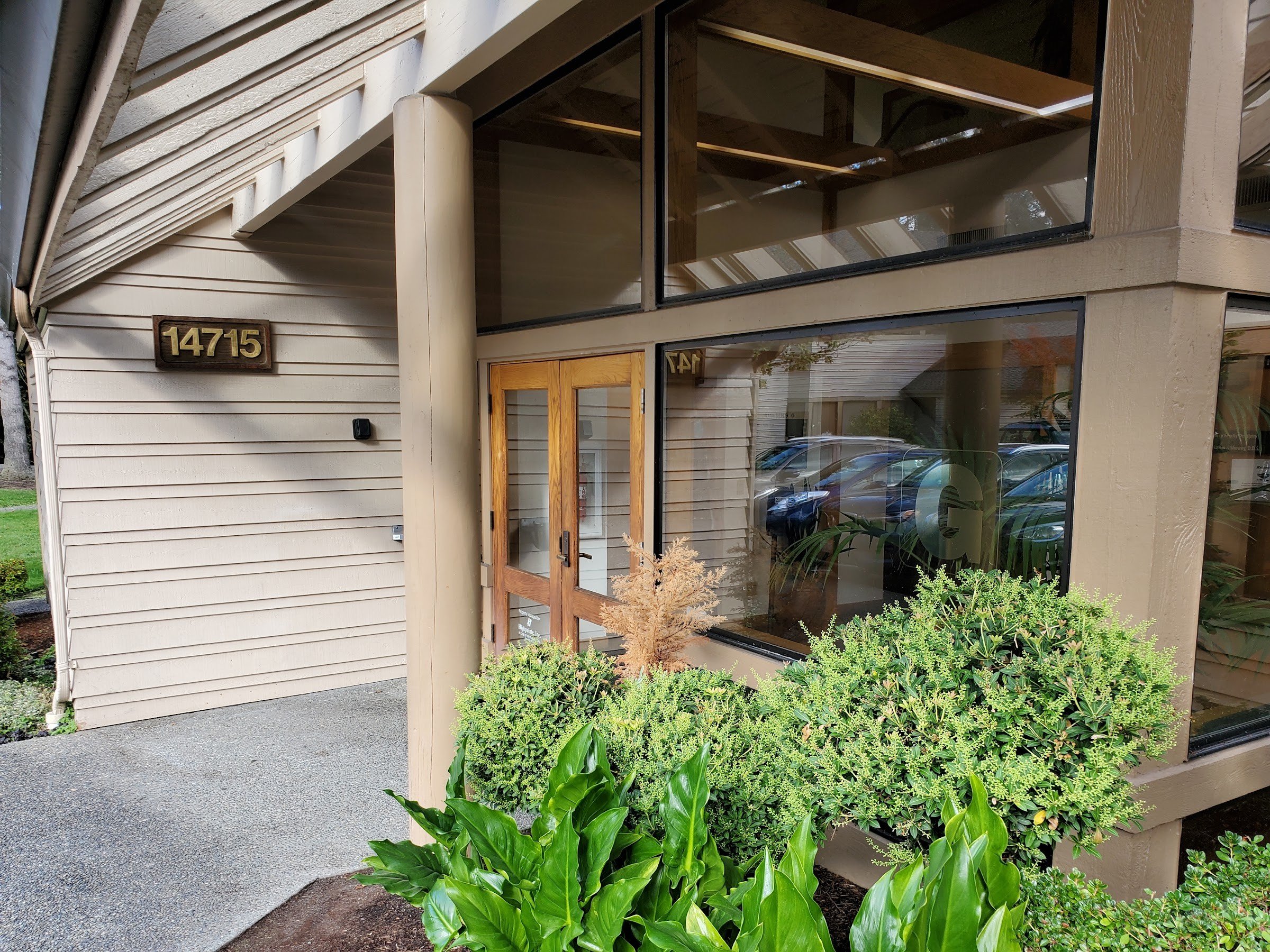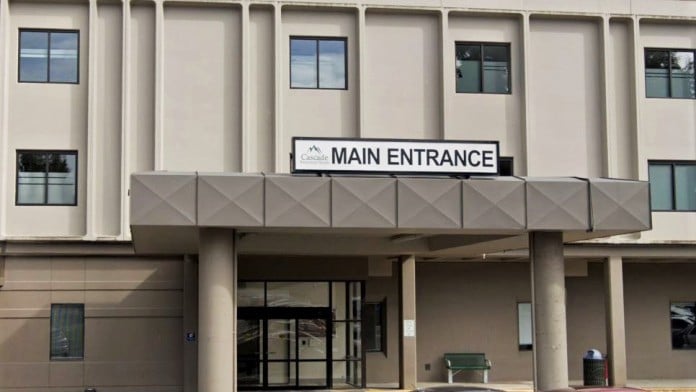About New Life Recovery Solutions
New Life Recovery Solutions in Kenmore, Washington, offered full service outpatient addiction treatment for adults needing help with substance use disorders and co-occurring mental health issues. Though the center is now closed, they served the local community for years with a focus on practical, compassionate care.
For many clients, it wasn’t just another outpatient facility. For some, it felt like a second home, and a place where even families felt comfortable dropping in to ask questions.
What Their Program Offered
Treatment here focused on helping people work on recovery without stepping away from daily responsibilities. What set them apart was the personalized attention they gave to each client’s unique needs. The staff took time to understand not just the addiction, but all the emotional and social challenges tied to it.
Something I found interesting was that they helped clients with court ordered requirements like deferred DUI and mental health prosecutions. They also offered domestic violence and DUI impact panels. Not many addiction treatment programs provide those services.
A Personal and Respectful Atmosphere
The therapists were known for treating people with care and respect. They didn’t rush anyone through recovery. From the first meeting to the last session, the focus was on building trust. The environment was soothing, and the staff showed up for each client, ready to help without judgment.
Insurance and Payment Options
They worked with many insurance providers, including United Healthcare, Cigna, Blue Cross Blue Shield, ValueOptions, and First Choice Health. They also accepted self-pay and made it a point to discuss costs and coverage upfront, so clients knew what to expect.
Even though New Life Recovery Solutions’ Kenmore location is no longer open, I can see that they had an impact on clients. They provided a place where people could face addiction without feeling alone or overlooked. For many in the community, it was a first step toward successful recovery.
Rehab Score
Other Forms of Payment
Private insurance refers to any kind of healthcare coverage that isn't from the state or federal government. This includes individual and family plans offered by an employer or purchased from the Insurance Marketplace. Every plan will have different requirements and out of pocket costs so be sure to get the full details before you start treatment.
Self-pay involves paying for treatment out of your own pocket. You can use savings or credit, get a personal loan, or receive help from family and friends to fund your treatment. If you don't have insurance or your insurance plan doesn't cover a specific program, self-pay can help ensure you still get the care you need.
Medicare is a federal program that provides health insurance for those 65 and older. It also serves people under 65 with chronic and disabling health challenges. To use Medicare for addiction treatment you need to find a program that accepts Medicare and is in network with your plan. Out of pocket costs and preauthorization requirements vary, so always check with your provider.
Addiction Treatments
Levels of Care
 Outpatient
Outpatient
 Medically Assisted Detox
Medically Assisted Detox
 Intensive Outpatient
Intensive Outpatient
Treatments
The goal of treatment for alcoholism is abstinence. Those with poor social support, poor motivation, or psychiatric disorders tend to relapse within a few years of treatment. For these people, success is measured by longer periods of abstinence, reduced use of alcohol, better health, and improved social functioning. Recovery and Maintenance are usually based on 12 step programs and AA meetings.
Effective drug rehab in Washington integrates care for the whole person, offering comprehensive solutions to addiction. Treatment methods address mental, physical, and relational aspects of substance abuse.
Opioid rehabs specialize in supporting those recovering from opioid addiction. They treat those suffering from addiction to illegal opioids like heroin, as well as prescription drugs like oxycodone. These centers typically combine both physical as well as mental and emotional support to help stop addiction. Physical support often includes medical detox and subsequent medical support (including medication), and mental support includes in-depth therapy to address the underlying causes of addiction.
Substance rehabs focus on helping individuals recover from substance abuse, including alcohol and drug addiction (both illegal and prescription drugs). They often include the opportunity to engage in both individual as well as group therapy.
Programs

Adult Program

Young Adult Program
Clinical Services
Group therapy is any therapeutic work that happens in a group (not one-on-one). There are a number of different group therapy modalities, including support groups, experiential therapy, psycho-education, and more. Group therapy involves treatment as well as processing interaction between group members.










